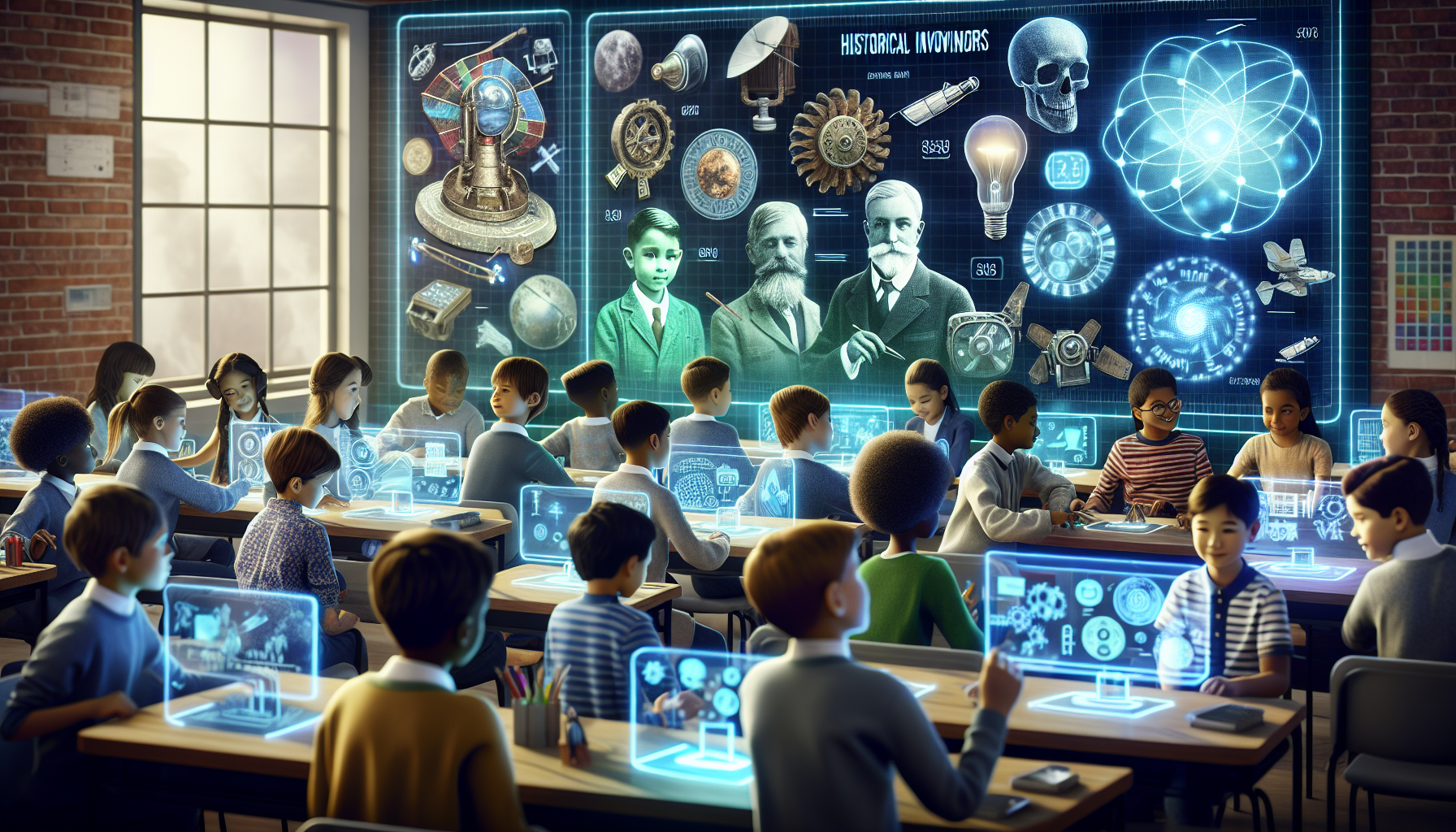Beyond the Paycheck: The Real Perks of Being an Astronaut

One of the most compelling perks of being an astronaut is the unique experiences that come with the role. Few professions allow individuals to experience microgravity, witness Earth from the vantage point of space, or conduct scientific research in an entirely different environment. For instance, astronauts aboard the International Space Station (ISS) live and work in microgravity for extended periods, often up to six months. The profound changes that occur in their physical and psychological states during this time are unparalleled. Consider the groundbreaking experiments conducted in microgravity, such as the study of muscle atrophy and bone density loss. NASA's experiments on the ISS have provided crucial insights into human health, not just for astronauts but for the broader population. The intellectual satisfaction derived from contributing to scientific knowledge and pushing the boundaries of what humanity understands about space and life itself is an invaluable experience that transcends monetary compensation.
Comprehensive Health Care and Support
Another significant benefit of being an astronaut is the access to comprehensive health care coverage. Space agencies like NASA provide astronauts with robust medical support, including regular health check-ups, psychological assessments, and rehabilitation programs. Given the physical and mental strains associated with space missions, this level of medical support is vital. For example, upon returning to Earth, astronauts undergo extensive rehabilitation to help their bodies readjust to the effects of gravity after prolonged periods in space. This medical support not only eases the transition back to life on Earth but also ensures that astronauts can continue their lives with minimal long-term health consequences. The emphasis on health and well-being showcases how space agencies prioritize the welfare of their astronauts, enhancing their overall job satisfaction.
Retirement Plans and Job Security
While the immediate benefits of being an astronaut are often highlighted, long-term financial security is another critical aspect of the astronaut's career. Space agencies typically offer competitive retirement plans and benefits, ensuring that astronauts are well taken care of after their missions conclude. For instance, NASA provides a pension plan that is not only competitive but also structured to allow astronauts to retire with a secure financial future. This combination of solid retirement benefits and job security makes a career as an astronaut not only thrilling but also a stable choice. The peace of mind that comes with knowing one's post-career life is financially secure can significantly enhance the overall experience of being an astronaut.
Community and Legacy
Becoming an astronaut also means joining an elite community of individuals who share a unique bond forged through shared experiences and challenges. This camaraderie extends beyond missions, as astronauts often collaborate on various projects, share their stories, and advocate for the importance of space exploration. The relationships formed during training and missions build an unparalleled support network that many astronauts cherish throughout their lives. Moreover, the opportunity to inspire future generations adds another layer of fulfillment to an astronaut's career. Many astronauts engage in public speaking, educational programs, and outreach initiatives, emphasizing the importance of education in STEM (Science, Technology, Engineering, and Mathematics) fields. This role as a mentor and advocate for education allows astronauts to contribute to a lasting legacy, instilling the values of exploration and curiosity in young minds.
Challenging Personal Sacrifices
It is essential to acknowledge that the path to becoming an astronaut is fraught with challenges. Rigorous training, long hours, and significant time spent away from family can take a toll. However, despite these sacrifices, many astronauts find that the non-monetary benefits outweigh the hardships. The personal growth, sense of purpose, and the opportunity to contribute to humanity’s understanding of space make the journey worthwhile.
While the salary of astronauts can be impressive—averaging between $66,000 to $144,566 depending on experience and role—the real perks of being an astronaut lie in the unique experiences, comprehensive health care, retirement plans, and the chance to inspire future generations. These non-monetary benefits create a fulfilling and rewarding career that extends beyond financial compensation. For those who dream of exploring the stars, the allure of being an astronaut is as much about the journey and the legacy left behind as it is about the paycheck. Ultimately, the combination of personal satisfaction, community, and the chance to contribute to humanity's exploration of space makes astronaut life an extraordinary vocation, one that offers a depth of experience few other professions can provide.
Space Mission Planner
NASA, ESA (European Space Agency), SpaceX
Core Responsibilities
Develop detailed mission plans, including objectives, timelines, and resource allocations for space missions.
Coordinate logistics between various teams, including engineering, science, and astronaut support.
Conduct risk assessments and contingency planning to ensure mission success.
Required Skills
Strong project management skills with experience in aerospace engineering or related fields.
Excellent communication skills for liaising with diverse teams and stakeholders.
Proficiency in software tools for simulation and mission planning.
Aerospace Biomedical Engineer
NASA, Boeing, Lockheed Martin
Core Responsibilities
Design and improve life support systems and medical devices for astronauts in space.
Conduct research on the effects of microgravity on human physiology and develop countermeasures.
Collaborate with medical teams to monitor astronaut health during missions.
Required Skills
Advanced degree in biomedical engineering or related fields.
Strong analytical skills and experience with biomedical research methodologies.
Familiarity with regulatory standards in aerospace medicine.
Space Robotics Engineer
NASA, JPL (Jet Propulsion Laboratory), Northrop Grumman
Core Responsibilities
Design and develop robotic systems for use in space exploration, including rovers and robotic arms.
Program and test robotic systems for autonomous operations in harsh space environments.
Collaborate with scientists to integrate robotics with scientific instruments for data collection.
Required Skills
Expertise in robotics, programming languages (such as Python or C++), and control systems.
Experience with CAD software and simulation tools for robotic design.
Knowledge of space mission requirements and constraints.
Space Educator and Outreach Coordinator
NASA, Space Center Houston, local science museums
Core Responsibilities
Develop and implement educational programs to engage students and the public in space science and exploration.
Organize outreach events, lectures, and workshops to inspire future generations in STEM fields.
Collaborate with astronauts and scientists to create compelling narratives about space missions.
Required Skills
Strong background in education, communication, or a related field.
Excellent presentation and public speaking skills to effectively convey complex concepts.
Experience in curriculum development and event planning.
Astrobiologist
NASA, SETI Institute, academic research institutions
Core Responsibilities
Conduct research on the potential for life beyond Earth and analyze extreme environments on our planet.
Work on mission proposals for astrobiological experiments on other planets and moons.
Collaborate with interdisciplinary teams to study biological processes in space conditions.
Required Skills
Advanced degree in biology, microbiology, or a related field.
Strong research and analytical skills, with experience in laboratory work and field studies.
Knowledge of astrobiological principles and the ability to apply them to space exploration.


